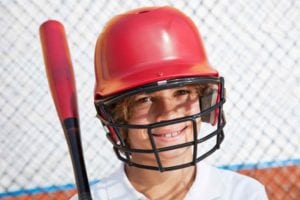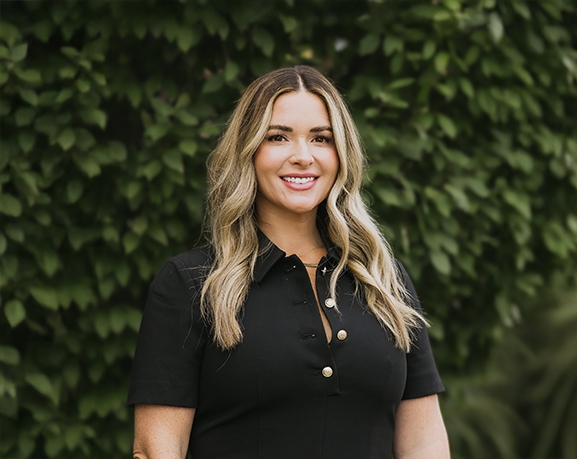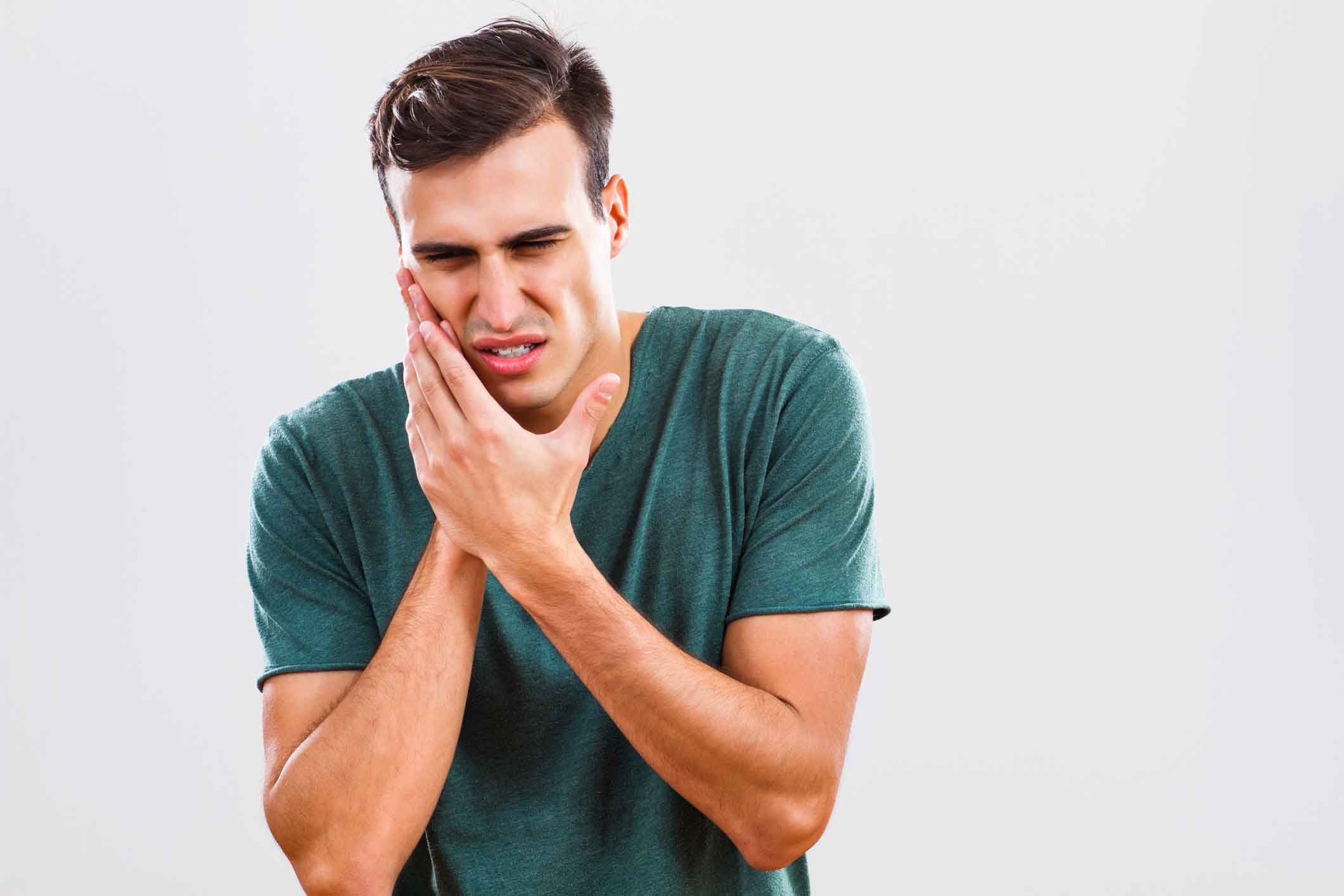 The weather is getting warmer, and that means there are lots of fun outdoor activities on the horizon. However, it’s important to take the proper precautions before you begin your summer fun. Since April is National Facial Protection Month, it’s the perfect time to learn how to keep yourself protected.
The weather is getting warmer, and that means there are lots of fun outdoor activities on the horizon. However, it’s important to take the proper precautions before you begin your summer fun. Since April is National Facial Protection Month, it’s the perfect time to learn how to keep yourself protected.
Knowing When to Use Facial Protection
When it comes to keeping your face and mouth safe, you can’t be too careful. Any activity can turn into a painful experience if you don’t plan. Always bring safety measures with you when you’re going to be:
- Moving at high speeds outside a vehicle. Skateboarding, rollerblading, and horseback riding are all great examples. The faster you’re moving, the more likely it is you’ll be hurt should you fall or make a mistake.
- Engaging in contact activities. Any time you’re going to be up close and personal with other moving people, you should be careful. Whether it’s football or boxing, there’s a high chance your face could take some blows.
- Around fast-moving objects. You don’t have to be the one in motion to be at risk. Think about how big catcher’s masks are. If anything is going to be heading your direction quickly, it’s best to suit up.
- Exposed to harmful particles. Some activities, like woodworking or grinding metal, can send shrapnel into the air. You should always be careful to protect yourself from flying pieces.
If you’re not sure whether your activity calls for protection, it’s better to err on the side of caution. It only takes one mistake to damage your face permanently.
Types of Facial Protection
There are many kinds of facial protectors on the market. It’s important to understand your options for the most effective type for your activity. Some common choices are:
- Mouth guards. These inexpensive devices are very easy to find. They’re comfortable to wear, too. All sorts of athletes rely on mouth guards, from boxers to soccer players. Taking a blow to the teeth could loosen or dislodge them, so grab a guard if you’re in doubt!
- Protective glasses. You should always suit up with glasses when dealing with airborne particles. Whether you’re doing serious woodworking or just some simple DIY spray painting, keep yourself safe.
- Respirators/masks. Respirators and masks are two important items when dealing with paint or other chemicals.
- Full-face masks and helmets. For the most extreme sports, choose full masks and helmets. From bike riding to cliff climbing, they’ll help protect your face and skull from potentially deadly harm.
For additional questions about facial protection or facial trauma treatment, contact OMSNashville.
The information and content on our website should not be used as a substitute for medical treatment or advice from your doctor.









